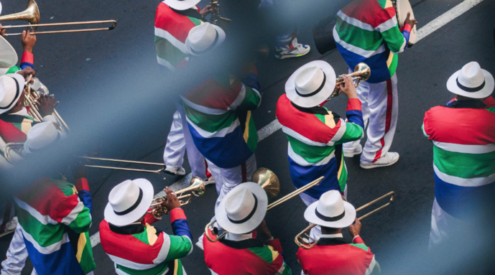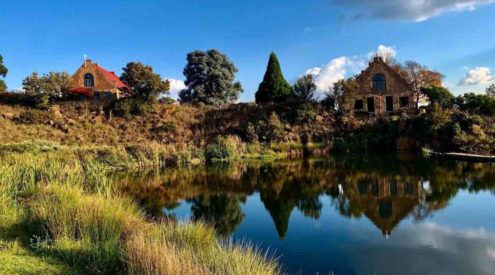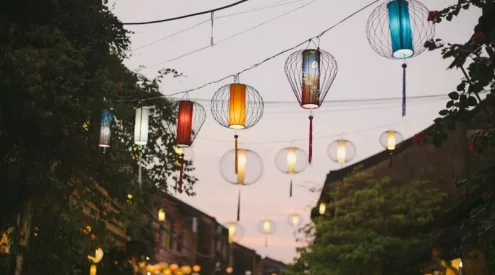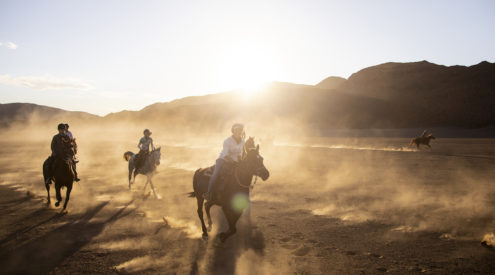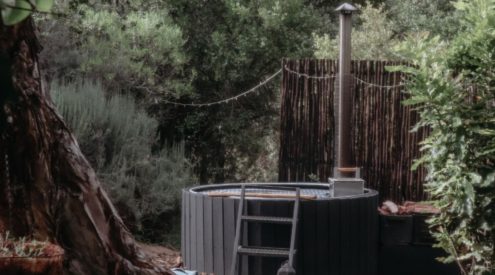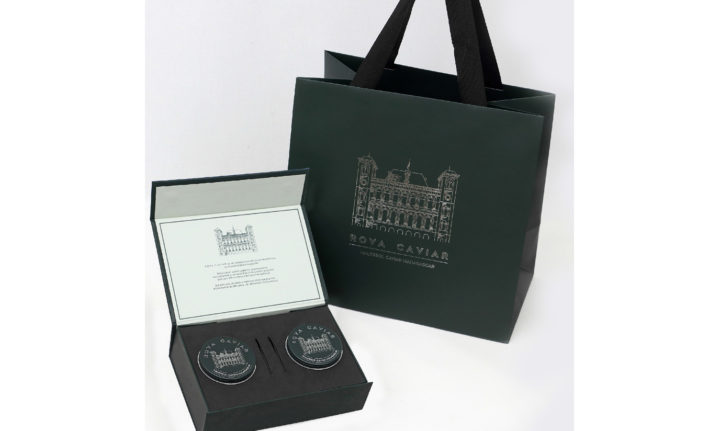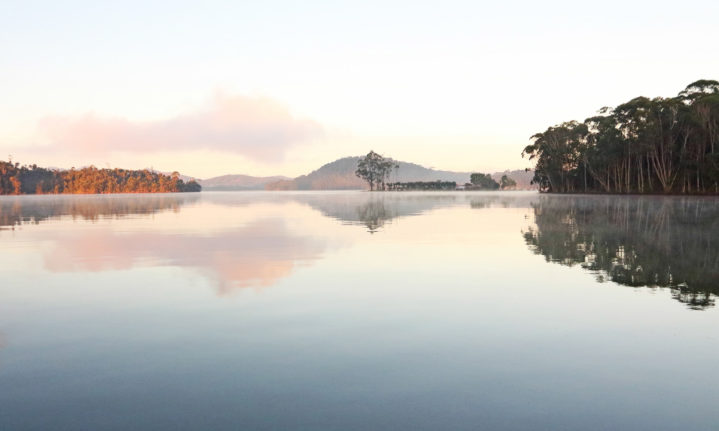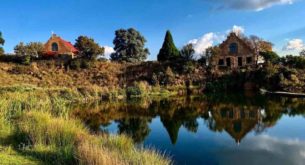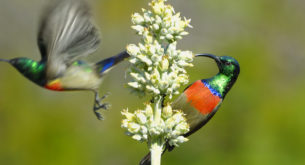Just 60 kilometres away from Madagascar’s capital, Antananarivo, you’ll find the splendid Lake Mantasoa, a 2,000-hectare artificial lake fed only by rainwater and nearby streams.
At an altitude of 1,400 metres, Lake Mantasoa is home to Rova Caviar Madagascar, the first and only producers of caviar in Africa and the Indian Ocean.

In 2009, a trio of French entrepreneurs based in the Malagasy capital discovered that the lake with its pristine waters, far from pollutants and industry, would be perfect for sturgeon farming.
In 2017, they managed to produce and market their first batch of the luxurious black pearls. Caviar is made from the processed roe of mature sturgeon fish. Traditionally a Russian and Persian delicacy, the Rova Caviar Madagascar grains are produced through a painstaking process, employing a similar curing method to the Russians called Malossol, which ensures low salt content and the highest quality.
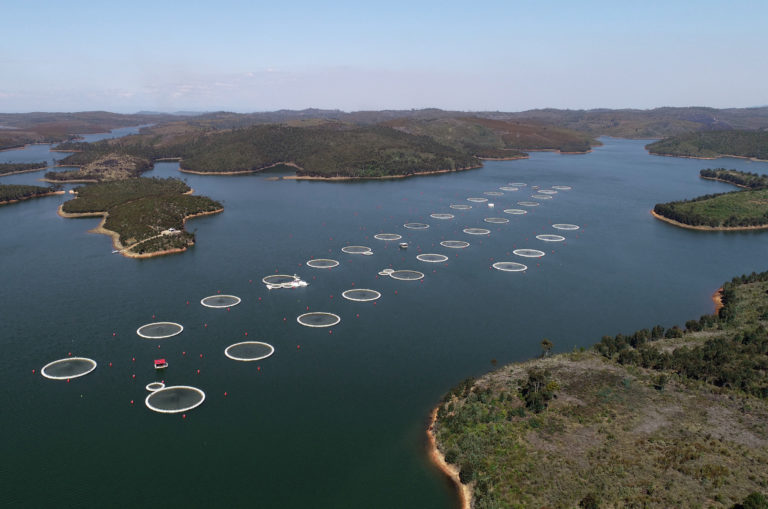
In Lake Mantasoa, sturgeons, which are farmed from premium fertilised eggs imported from Russia, are reared by a staff of 300 who tend to the fish over the various stages of their lifecycle. Mantasoa’s expanse accommodates 19 large ponds, a hatchery, a pre-fattening area, and feed mill where the sturgeons’ feed is specially manufactured on the 8,000-hectare Rova site. Thirty-two cages installed in the lake accommodate mature sturgeon (500g) where they are able to grow some more before the time comes for their roe to be gently extracted and the fine, pearly grains assessed for quality, taste, texture, and size.

After a lengthy process, including salt-curing and ripening, the finished product results in glistening black beads of caviar, made on African soil. The Rova Caviar Madagascar tins are elegant with a white outline of the Queen’s Palace in Antananarivo on its dark green lid. The island country of Madagascar is known for producing vanilla, cocoa and wild shrimp, but now perhaps more Africans can enjoy this fine delicacy without breaking the bank.
You can also rest assured that the sturgeons are farmed as ethically as possible, with nature and ecology at the core of the Rova farming philosophy. Sustainable and ethical practise also produces a better quality of caviar.

Image source: Rova Caviar Madagascar
Rova Caviar Madagascar tins comes in quantities of 30 grams, 50 grams and 125 grams and larger sizes ranging up to 1.8 kilograms. Malagasy caviar ranges from R1,600 per 100 grams, which is still a far cry from what you’ll pay to indulge or import from abroad.
Images: Rova Caviar de Madagascar

